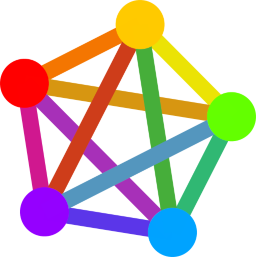A thing I'm seeing with increasing frequency from the younger members of our community is this like ...
Let me back up.
I work with some folks in their early twenties, and I am having a hard time relating to some of them. Some of them are having a hard time relating to one another.
And the root of this difficulty is propaganda, I think. All of them are constantly bombarded with video propaganda via social media. A lot of it is anti-community propaganda. Most of the media they consume is just about strengthening their disaffiliation with various outgroups. Even the stuff that's about celebrating people is, at least in passing, also about excluding or dehumanizing people.
And, for each of them, the memberships in these various in and out groups is unique. One of them has fallen in to a real trad Christian, 1950s fetishization, one of them watches a lot of stuff premised on the idea that nuerotypical people are an evolutionary dead end, and nuerodivergent people are the path forward...
It's... The specific content isn't what worries me. Like, both of those things aren't great, but the particular contents of the propaganda is irrelevant to my current point (because content can be addressed and deprogrammed.) Regardless of what flavor of self-isolating purity test content they've fallen in to, there are some common themes:
- policing other people's behaviors and desires
- shame for basically any expression of sexuality
- an outsized importance on excluding people
I'm sure there's other stuff, and I know this isn't unique to folks under 25, but it seems to be especially pervasive with them.
Social battles that I thought were long settled are not only coming back up, but also going the wrong way.
And I have to assume that this is, intentional and coordinated or not, an attempt to break any kind of solidarity that might build between people who are dissimilar.



